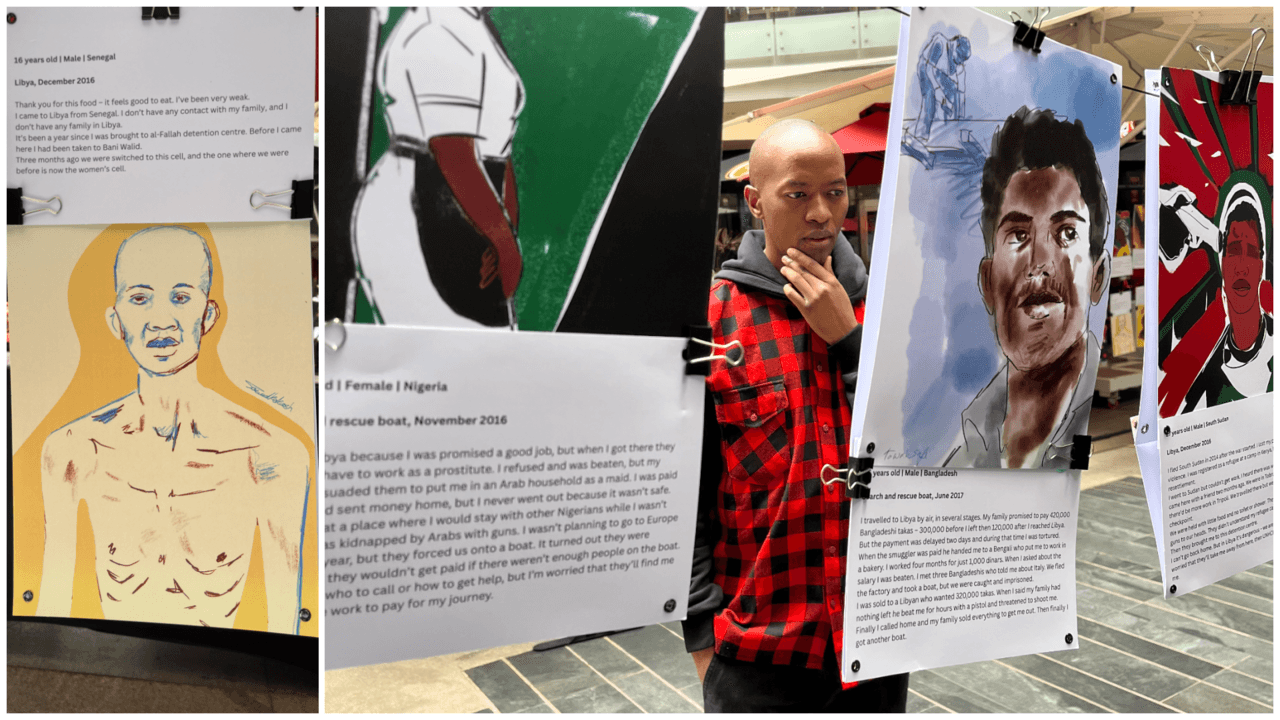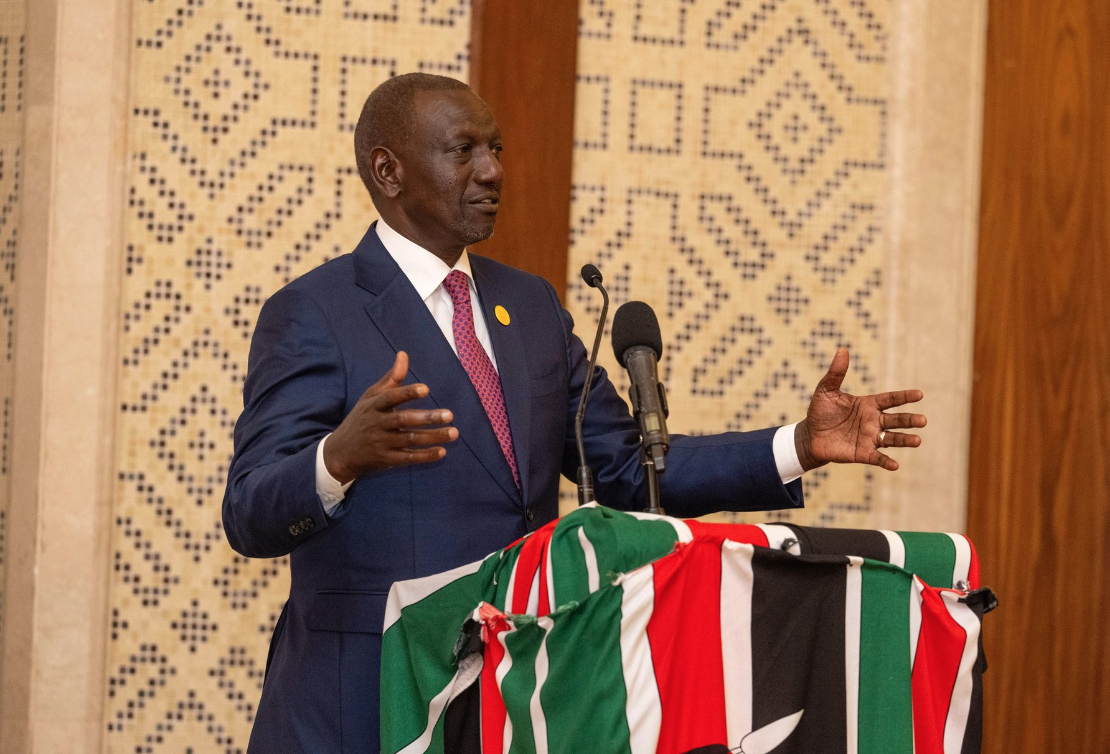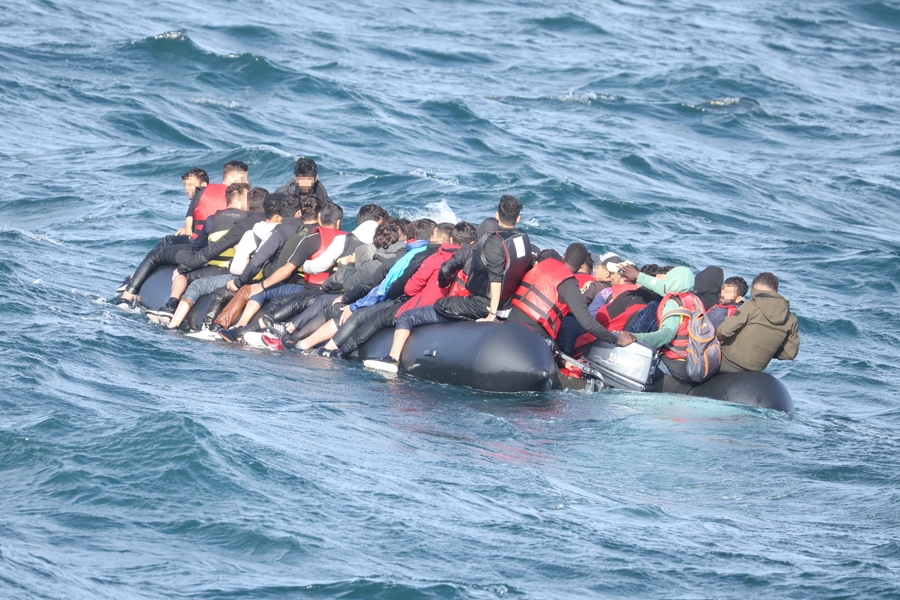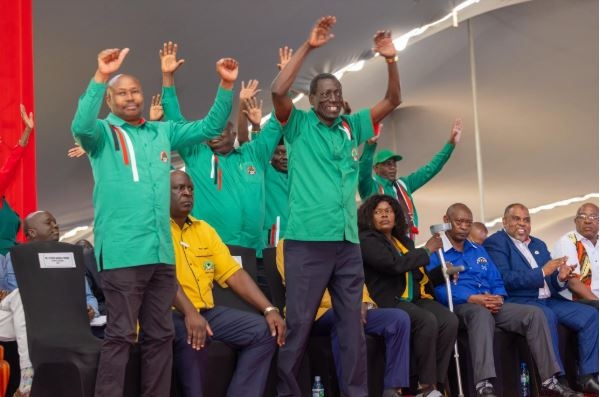

President William Ruto has called on judges handling refugee and migration cases to uphold the highest standards of fairness, courage, and judicial independence.
The president noted that decisions judges make carry life-changing consequences for vulnerable individuals seeking protection.
Speaking during the 14th International Association of Refugee and Migration Judges World Conference, Ruto said the responsibility borne by adjudicators extends far beyond the courtroom, touching on the fundamental rights and dignity of displaced people.
“Your obligation as judges is the solemn duty of ensuring that every refugee and migrant who comes before you finds justice, fairness, and the reassurance that their case has been heard with dignity and integrity,” the President said.
Ruto emphasised that refugees and migrants are entitled to the same rights enjoyed by all human beings.
Many, he noted, have endured upheaval caused by war, persecution, famine, or disaster.
“They are individuals whose lives have been disrupted by circumstances beyond their control, yet they carry resilience, hope, and a strong desire to rebuild,” he said.
The President highlighted evidence and credibility as persistent challenges in refugee adjudication.
He noted that asylum claims often come without proper documentation, and that applicants, many traumatised or fearful, may struggle to articulate their stories effectively.
This, he said, places a greater burden on judges to interpret claims with sensitivity and understanding.
Ruto underscored Kenya’s long tradition of hosting displaced people, spanning more than three decades.
Today, the country is home to nearly 580,000 refugees and asylum seekers, giving it one of the largest refugee populations globally.
He added that the worldwide displacement crisis has surged, with over 120 million people forced from their homes by conflict, persecution, economic hardship, and climate disasters.
As part of its ongoing reforms, Ruto said Kenya has embarked on the Shirika Plan, an initiative aimed at transforming refugee camps into integrated settlements where both refugees and host communities can “live, work, and prosper together.”
“It is a bold shift from encampment to empowerment,” he said, framing the initiative as a model for durable refugee solutions.
Ruto told the judges that their role is crucial in ensuring states honour their obligations under both domestic and international law.
Judges, he said, also help harmonise global interpretation of refugee law through cooperation and shared jurisprudence.
“Justice must not depend on geography or chance,” he stated.
He reaffirmed that judicial independence remains the cornerstone of a fair refugee protection system.
Courts, he said, must remain free from political interference to safeguard against arbitrary actions and ensure that asylum procedures are credible, transparent, and just.
Additionally, Ruto stressed the importance of strong institutions and credible procedures, noting that every asylum seeker deserves timely and fair adjudication, access to legal counsel, and the right to appeal.
Given the challenges posed by undocumented claims and traumatised applicants, the President said training adjudicators on trauma-informed interviewing and providing reliable country-of-origin information are essential.
“These measures ensure that justice is not only done, but seen to be done,” he said.

















